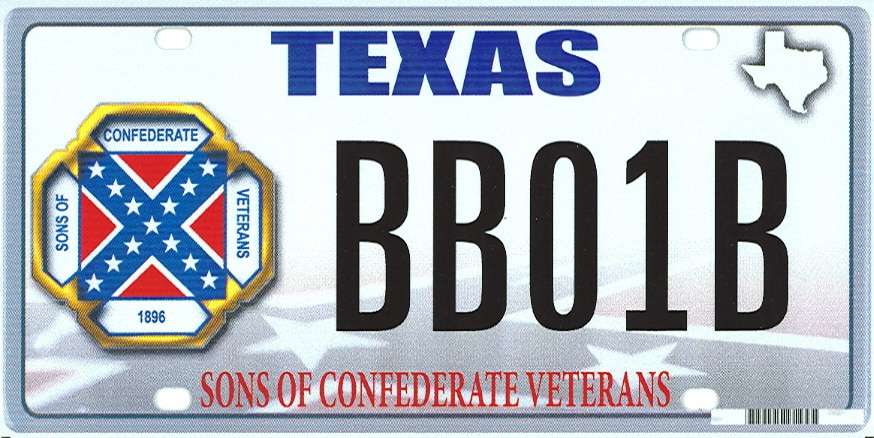The Volokh Conspiracy
Mostly law professors | Sometimes contrarian | Often libertarian | Always independent
Do state and local governments have free speech rights?

Do state and local governments have First Amendment rights against federally imposed speech restrictions? You'd think this would be settled, but it hasn't been. David Fagundes's "State Actors as First Amendment Speakers" (2006) is the most recent summary of the issue, and my sense is that there hasn't been much resolved since then; the most recent explicit word from the Court was this passage, in U.S. v. American Library Association (2003):
The Government [argues that] because Government entities [such as state and local libraries] do not have First Amendment rights. See Columbia Broadcasting System, Inc. v. Democratic National Committee, 412 U.S. 94, 139 (1973) (Stewart, J., concurring) ("The First Amendment protects the press from governmental interference; it confers no analogous protection on the government"); id., at 139, n. 7 ("'The purpose of the First Amendment is to protect private expression'" (quoting T. Emerson, The System of Freedom of Expression 700 (1970)))…. We need not decide this question ….
The few lower courts that have considered the question are split on it. (Note that local governments and state agencies likely have no First Amendment rights against state governments, because the state is entitled to control the conduct of its subdivisions; likewise, federal agencies have no First Amendment rights against the federal government. The question is whether state and local governments, agents of one sovereign, have First Amendment rights against the federal government, another sovereign.) Curiously, the Takings Clause, which expressly protects "private property," has been read as giving states a right to just compensation when the government takes their property. See U.S. v. 50 Acres of Land (1984). There has been no such holding as to the Free Speech Clause.
But, as my brother Sasha pointed out to me, the license plate design case (Walker v. Sons of Confederate Veterans) seems to point in favor of such a right:
Our determination that Texas's specialty license plate designs are government speech does not mean that the designs do not also implicate the free speech rights of private persons. We have acknowledged that drivers who display a State's selected license plate designs convey the messages communicated through those designs. See Wooley v. Maynard, 430 U.S. 705, 717, n.15, 715 (1977) (observing that a vehicle "is readily associated with its operator" and that drivers displaying license plates "use their private property as a 'mobile billboard' for the State's ideological message"). And we have recognized that the First Amendment stringently limits a State's authority to compel a private party to express a view with which the private party disagrees. See id., at 715; Hurley v. Irish-American Gay, Lesbian and Bisexual Group of Boston, Inc., 515 U.S. 557, 573 (1995); West Virginia Bd. of Ed. v. Barnette, 319 U.S. 624, 642 (1943). But here, compelled private speech is not at issue. And just as Texas cannot require SCV to convey "the State's ideological message," Wooley, supra, at 715, SCV cannot force Texas to include a Confederate battle flag on its specialty license plates.
This last sentence is of course not a square holding on this question of states' rights to speak - or the right to be free from speech compulsions, which the Court has generally treated analogously to the right to speak. But it does seem to point in favor of such a First Amendment right possessed by state and local governments, with respect to federal regulations; I would certainly cite the passage to lower courts if I was representing a party that wanted to establish such a right. Lawyers, take note.


Show Comments (0)